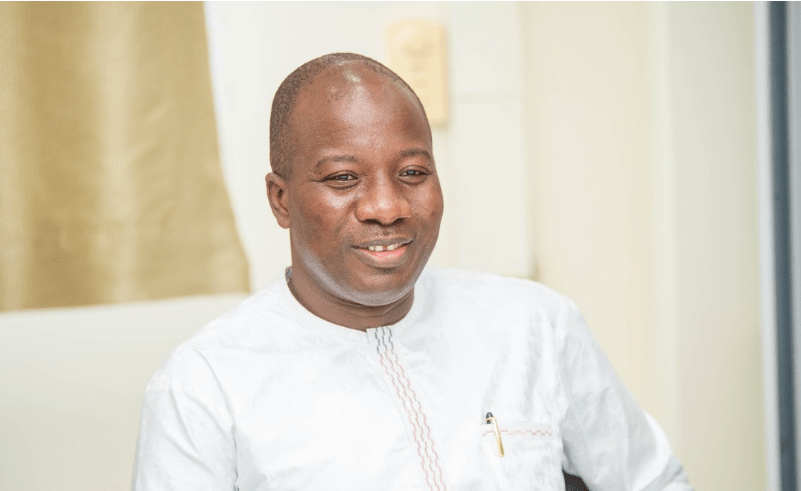The Bawku conflict, a deeply rooted and recurring ethnic clash in northern Ghana, has once again erupted, prompting calls for restraint and depoliticization from within the Ghanaian parliament. Mahama Ayariga, the Majority Leader and Member of Parliament for Bawku Central, has implored his fellow legislators and public commentators to refrain from exploiting the sensitive situation for political gain. He stressed the conflict’s long history, dating back to 1957, arguing that attributing blame to any particular political party is a disingenuous oversimplification of a complex issue. This plea comes in response to criticisms leveled against the current administration by the opposition, who accuse the government of inadequately resourcing the military to effectively address the crisis.
The recent escalation of violence, including the killing of a Kusasi chief in Kumasi and the subsequent murder of two students in Nalerigu, has intensified public concern and pressure on the government to intervene decisively. These tragic events, widely believed to be linked to the Bawku conflict, underscore the urgent need for a comprehensive and sustainable solution. Ayariga’s appeal highlights the risk of exacerbating an already volatile situation through politicization, emphasizing the importance of a unified approach to peacebuilding. He assured the parliament that the government is actively working towards establishing lasting peace in the region, a commitment that necessitates collaboration and a shared understanding of the conflict’s complexities.
The politicization of the Bawku conflict, as cautioned against by Ayariga, threatens to undermine efforts towards reconciliation and peacebuilding. Attributing blame and engaging in partisan rhetoric only serves to deepen existing divisions and mistrust between the involved communities. The focus should instead be on addressing the root causes of the conflict, which include land disputes, chieftaincy succession issues, and access to resources. A constructive dialogue that prioritizes the needs and concerns of all stakeholders is crucial for achieving a lasting resolution. This requires a concerted effort from political leaders, community representatives, and civil society organizations to foster understanding, promote tolerance, and build bridges between the conflicting groups.
The ongoing debate in parliament regarding the government’s response to the Bawku crisis further underscores the need for transparency and accountability. The opposition’s critique of the government’s allocation of resources and provision of logistical support to the security forces demands a thorough investigation and clarification. Ensuring that resources are effectively utilized and that security personnel have the necessary tools to maintain order and protect civilian lives is paramount. Open and honest communication about the government’s actions and strategies will build public confidence and contribute to a more effective response to the crisis.
Beyond the immediate security concerns, addressing the underlying socio-economic factors that contribute to the conflict is essential for long-term stability. This includes promoting economic development, improving access to education and healthcare, and strengthening local governance structures. Empowering communities through economic opportunities and social development initiatives can reduce grievances and create a more conducive environment for peaceful coexistence. Investing in education and fostering intercultural understanding can also help to break down stereotypes and prejudices that fuel the conflict.
Ultimately, resolving the Bawku conflict requires a multi-faceted approach that addresses both the immediate security challenges and the deep-rooted social and economic issues that underpin the violence. A depoliticized and collaborative approach, focused on dialogue, reconciliation, and sustainable development, is essential for achieving lasting peace. This requires strong leadership from both the government and community representatives, as well as the active participation of all stakeholders in building a more peaceful and inclusive future for the region. The current crisis presents an opportunity for Ghana to demonstrate its commitment to resolving internal conflicts through peaceful means and to build a society where diversity is celebrated and all citizens can live together in harmony.


